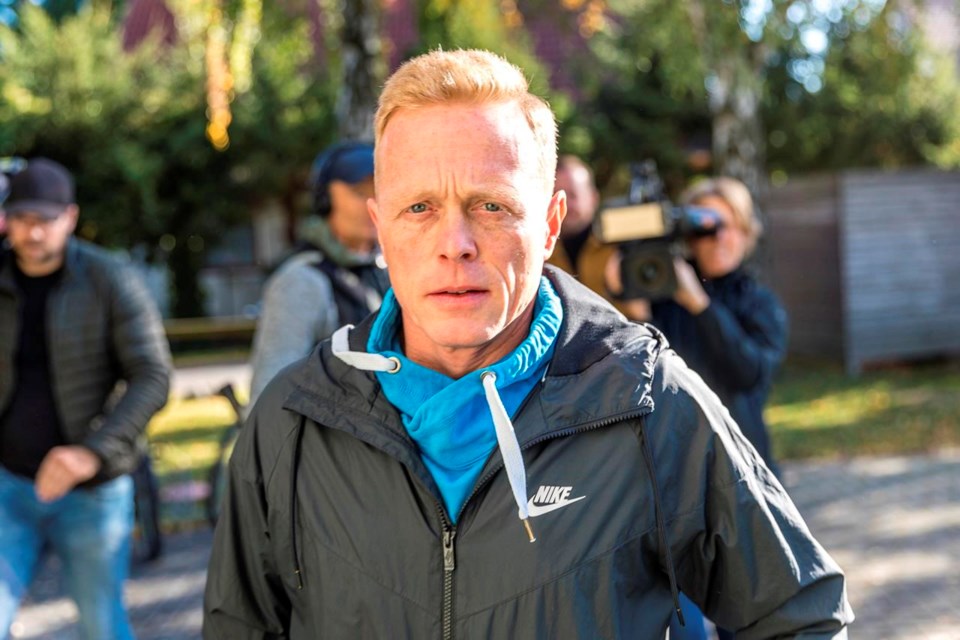BERLIN (AP) — Chancellor Olaf Scholz's center-left party won a German state election Sunday in which the environmentalist Greens and the far-right made gains as the country faces high inflation and worries about energy supplies this winter, projections showed.
Scholz's Social Democrats, whose nationwide polling has been weak recently as the government in Berlin grapples with ways to keep down Germans' energy bills, had a respected longtime regional governor to thank for their performance in Lower Saxony. The sprawling northwestern state of nearly 8 million people has strong industrial and agricultural sectors.
Projections for ARD and ZDF public television, based on exit polls and partial counting, showed the Social Democrats leading with around 33% of the vote, with the main opposition party at national level, the center-right Christian Democrats, polling around 28%.
That was a lower score for both parties than five years ago. The Greens, the second-biggest party in the national government, were projected to take around 14% of the vote and the far-right Alternative for Germany 11-12%.
In Lower Saxony, the Social Democrats and Christian Democrats have governed together for the past five years. Pre-election polls showed voters preferring center-left governor Stephan Weil, who has led the state since 2013, over his center-right challenger and current deputy governor, Bernd Althusmann.
A senior federal official with Scholz's party, general secretary Kevin Kuehnert, called it “a clear election victory for Stephan Weil." The expected results should allow Weil to ditch his coalition with the center-right and govern with the Greens instead.
Althusmann had sought to capitalize on bickering in Scholz's three-party national government over issues such as how much longer Germany should keep using nuclear energy and how to relieve the pressure from high gas prices.
Weil said it had been a difficult campaign marked by “deep concerns among citizens." Scholz's government recently announced it would spend up to 200 billion euros ($195 billion) on a “gas price brake,” the latest in a series of efforts to tackle the fallout from Russia's war in Ukraine. The details of how it will work are unresolved, however.
The projections showed the third party in Scholz's national government, the pro-business Free Democrats, right on the 5% support threshold needed to remain in the Lower Saxony state legislature in Hannover. The weak result, after disappointing showings in three other state elections this year, could increase tensions in the national government.
National surveys have shown the Social Democrats behind the Christian Democrats and sometimes the Greens, and the Free Democrats polling poorly. They also have pointed to an uptick in support for Alternative for Germany.
The Christian Democrats' national general secretary, Mario Czaja, said Weil had benefited from being the incumbent. He also said “discontent with the federal government's zigzagging, the lack of clarity on energy prices, ultimately benefits the right-wing fringe.”
Geir Moulson, The Associated Press



